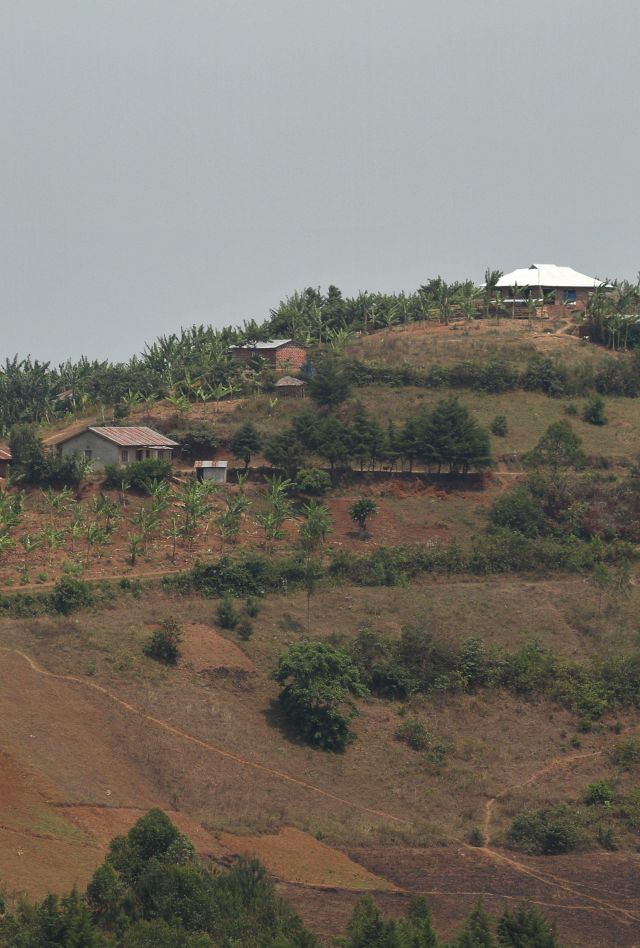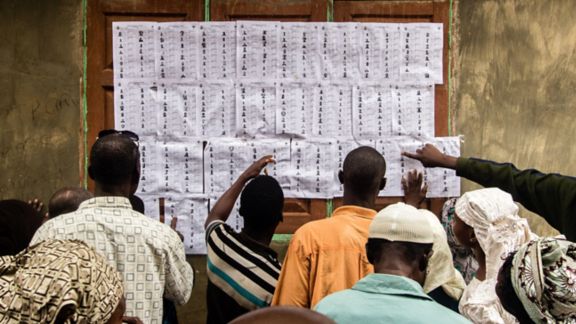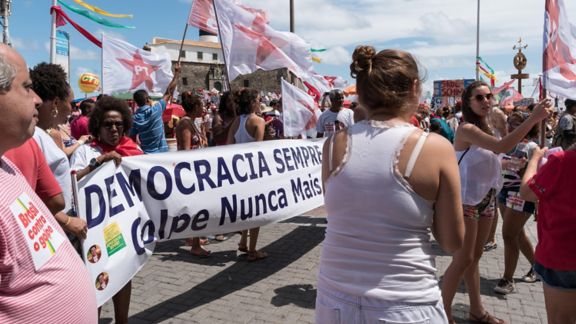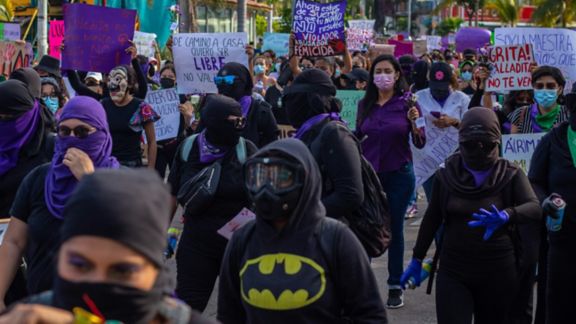Communications, Evidence & Learning Project

Problem
Important evidence gaps exist in whether and how programs to strengthen land rights and natural resource governance achieve their objectives.
In many contexts, land constitutes households’ most important economic asset. Strengthening land and resource rights can improve a wide range of development outcomes for individuals, households, and communities. These development outcomes include land tenure security, agricultural productivity, land governance, natural resource management, food security, economic growth, and women’s empowerment. Yet, there are significant knowledge gaps around whether and how such programming can achieve intended objectives, the reasons why, in what contexts, and for whom. The U.S. Agency for International Development (USAID) and other development partners are interested in evidence and learning to help inform program decisions and strengthen effective land and resource governance programming.
Solution
NORC led an array of research and evaluation activities to determine whether and how strengthening land rights and land governance can catalyze broader development objectives.
Under the Communications, Evidence and Learning Project (CEL), NORC led over 25 land and resource governance programming research activities for USAID. This included feasibility assessments, evaluations and targeted studies of land and resource governance (LRG) programs in Colombia, Democratic Republic of Congo, Ghana, Liberia, Mozambique, Tanzania, and Zambia that helped to deepen the evidence base, fill important knowledge gaps, and refine theories of change in the LRG sector. NORC research products included:
- Impact evaluation feasibility assessments
- Literature reviews
- Research and evaluation designs
- Baseline, endline and follow-on mixed methods impact and performance evaluations
- Desk-based reviews and targeted studies
Result
NORC’s work strengthened the evidence base to inform effective program and policy decisions around land tenure, property rights, and natural resource governance.
Some examples of our work include:
- Impact evaluation design and baseline for a customary land mapping and documentation activity in Ghana that piloted land tenure strengthening, land use planning, and farm rehabilitation to address complex drivers of poverty and deforestation in cocoa landscapes
- Impact evaluation design and baseline for a land formalization program in Colombia
- Endline impact evaluation of a program to support communities in formalizing their community land rights and strengthen land governance in accordance with Liberia’s Land Rights Act
- A follow-on impact evaluation to assess the longer-term impacts of a participatory land mapping and customary land rights certification activity in Zambia
- A follow-on performance evaluation to assess the longer-term effects of a customary land mapping and certification pilot activity in Mozambique
- A targeted study on links between customary land rights formalization and women’s empowerment in Tanzania
- A best practices resource for program decision makers to help guide considerations around conducting randomized control trial impact evaluations of land sector interventions
Related Tags
Project Leads
-
Lauren Persha
Principal Research ScientistProject Director & Principal Investigator -
Protik Ali
Principal Research ScientistSenior Staff -
Greg Haugan
Research ScientistData Scientist & Co-Principal Investigator -
Anna Solovyeva
Research ScientistData Scientist










